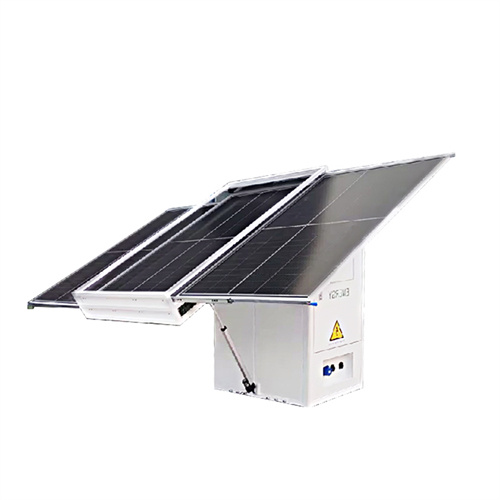Policies support energy storage
As the photovoltaic (PV) industry continues to evolve, advancements in Policies support energy storage have become critical to optimizing the utilization of renewable energy sources. From innovative battery technologies to intelligent energy management systems, these solutions are transforming the way we store and distribute solar-generated electricity.
6 FAQs about [Policies support energy storage]
What are the different types of energy storage policy?
Approximately 16 states have adopted some form of energy storage policy, which broadly fall into the following categories: procurement targets, regulatory adaption, demonstration programs, financial incentives, and consumer protections. Below we give an overview of each of these energy storage policy categories.
Does state energy storage policy support decarbonization?
The report highlights best practices, identifies barriers, and underscores the urgent need to expand state energy storage policymaking to support decarbonization in the US. This report and webinar were developed on behalf of the Energy Storage Technology Advancement Partnership (ESTAP).
How effective is energy storage policymaking?
Yet the most effective approaches to energy storage policymaking are far from clear. This report, published jointly by Sandia National Laboratories and the Clean Energy States Alliance, summarizes findings from a 2022 survey of states leading in decarbonization goals and programs.
What is a storage policy?
All of the states with a storage policy in place have a renewable portfolio standard or a nonbinding renewable energy goal. Regulatory changes can broaden competitive access to storage such as by updating resource planning requirements or permitting storage through rate proceedings.
Does India have a plan for battery energy storage?
In its draft national electricity plan, released in September 2022, India has included ambitious targets for the development of battery energy storage. In March 2023, the European Commission published a series of recommendations on policy actions to support greater deployment of electricity storage in the European Union.
Why is energy storage important?
Energy storage is a potential substitute for, or complement to, almost every aspect of a power system, including generation, transmission, and demand flexibility. Storage should be co-optimized with clean generation, transmission systems, and strategies to reward consumers for making their electricity use more flexible.

